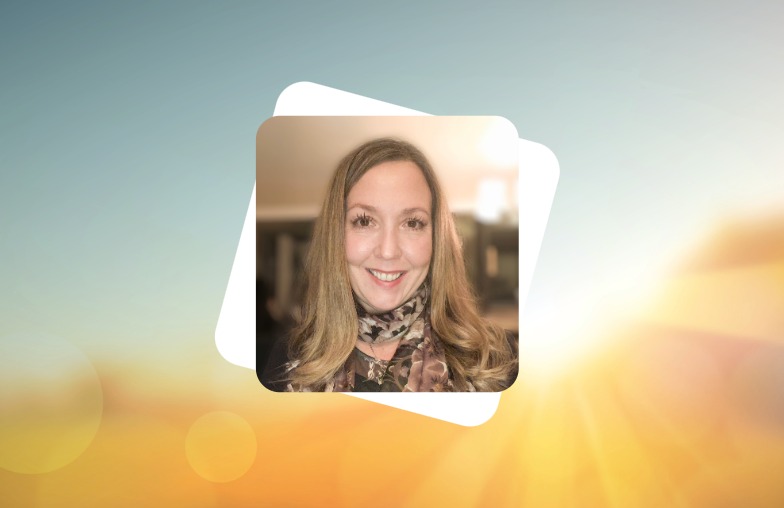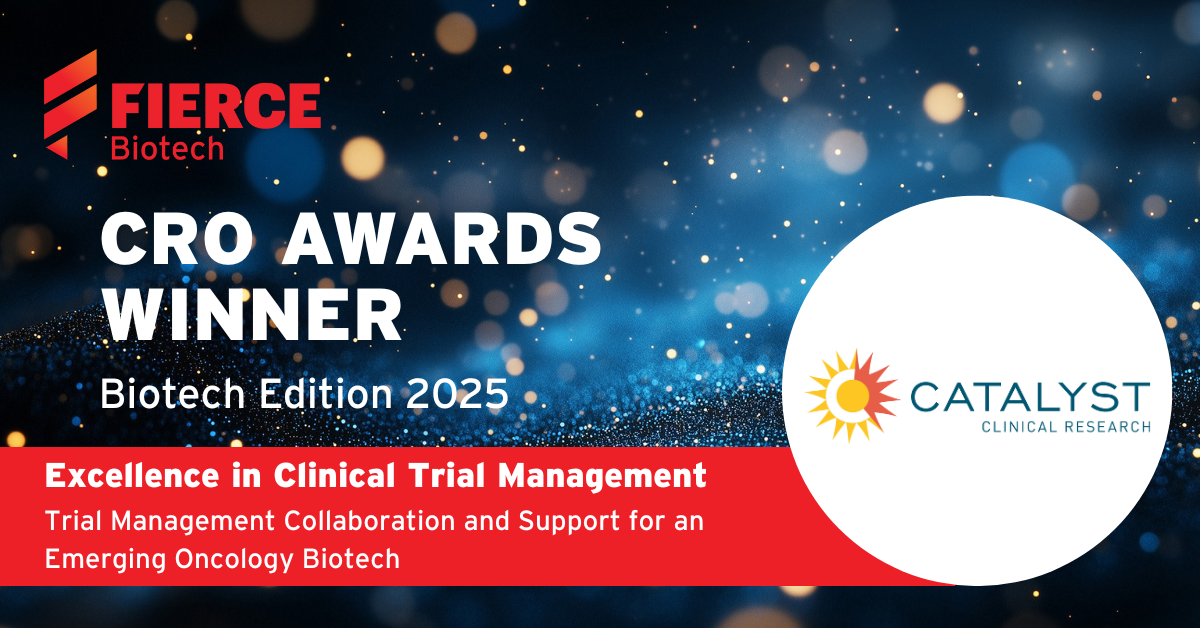Nicola Stanislaus, Catalyst’s UK-based Senior Director, Clinical Operations, was a young mother who found herself diagnosed with stage II malignant melanoma. Despite disturbing odds and doctors telling her she had a 60% chance of surviving five years, Nicola is here today…10 years later.
To honor her 10th anniversary of being cancer-free, Nicola shares ten things she wishes she had known while battling cancer and pieces of wisdom she has learned along the way.
1. Early detection saves lives.
Since the early 1990s, studies show that the incidence rate for Melanoma in the U.K. alone has increased by more than 135%. Are you paying attention to your skin? When caught early, doctors can provide more treatment options for Melanoma and other skin cancers. Across all stages of Melanoma, the estimated five-year survival rate in the U.S. for patients whose Melanoma is detected early is about 99 percent. However, the survival rate falls to 66 percent when the disease reaches the lymph nodes and 27 percent when the disease metastasizes to distant organs.
2. When in doubt, get checked out.
Never underestimate your intuition. If something doesn’t feel or look right, schedule an appointment. After meeting with your doctor, don’t be afraid to get a second opinion. Doing so is an essential part of furthering your education on a cancer diagnosis and potential treatment options. Getting a second (or third!) opinion allows you to find a doctor that you are comfortable with and trust to be beside you on your journey.
3. Your mental health is just as important as your physical health.
Receiving news of a diagnosis is life-changing. It is common to feel many emotions, including fear, disorientation, anxiety, and depression. It is just as crucial to address these feelings as it is to treat the cancer itself. Tackling the mental elements and being proactive in seeking help puts you in a better position to fight the physical fight during treatment.
4. The odds are greater than you may think.
Many people don’t know just how prevalent skin cancer is. 1 in 5 Americans will develop a form of skin cancer before the age of 70. In the U.K., 1 of 4 will be diagnosed before the age of 50. These statistics show just how common a diagnosis is and how many people are affected by this form of cancer.
5. Your diagnosis also impacts your family and friends.
Be aware of the impact your diagnosis has on your friends and family. A likely shift in dynamics will occur as you seek to find a balance between normality and treatment. While you focus on beating your diagnosis, it is important to be transparent with your loved ones so they can understand the potential changes and provide any support you – and they – may need.
6. Skin cancer is the most common type of cancer.
There are several types of skin cancers, some more prevalent than others. While Melanoma is less common than some other types of skin cancers, it is more likely to grow and spread. In the U.S., about 106,110 new melanomas will be diagnosed this year alone, while in the U.K., around 15,400 people are diagnosed with Melanoma per year.
7. Cancer communities can help save lives.
Making connections with others battling this disease and engaging in different cancer communities can be helpful when you feel that you need reassurance or need to be understood. Ask your doctor for suggestions on where to find the best networks. Most cancer programs also offer support groups for cancer patients, survivors, and family members. You may also find an online forum or group that resonates with you.
8. Education is powerful.
A basic understanding of cancer and the countless types allows for an easier transition when facing treatment decisions and supporting yourself or your loved one. Don’t be afraid to ask questions and obtain information from trusted sources. As the diagnosed, know and understand the disease; as a caregiver, know and understand the challenges and needs of your loved one; for the general public, know and understand so you can be an ally and help raise awareness.
9. Never stop making yourself a priority.
Find a way of getting yourself through your diagnosis, treatment, and recovery. Some suggestions are finding a new hobby, journaling about your journey, or finding other ways to focus on you or your loved ones’ healing. There are hard days where the overwhelming feeling of what isn’t going right can take over. It is important to remind yourself of all that is going right and how you ARE strong enough to fight.
10. Live life to the fullest.
Be present in every moment and cherish everything! You never know what tomorrow may bring. Finding joy in even the most minor things does wonders for your perspective and mood during the most challenging chapter you or your loved one faces.
As a clinical research organization, Catalyst shares the goal of helping people obtain more precious time by helping to develop effective therapies and cures. We are rooted in our people-first foundational belief and are proud to support our global team members like Nicola and their efforts to raise awareness and fight the good fight. Will you join us?
Sources:
www.CancerResearchUK.com
www.SkinCancer.org
www.CancerCenter.com
www.Cancer.org
www.SkinCancerNetwork.Co.Uk


